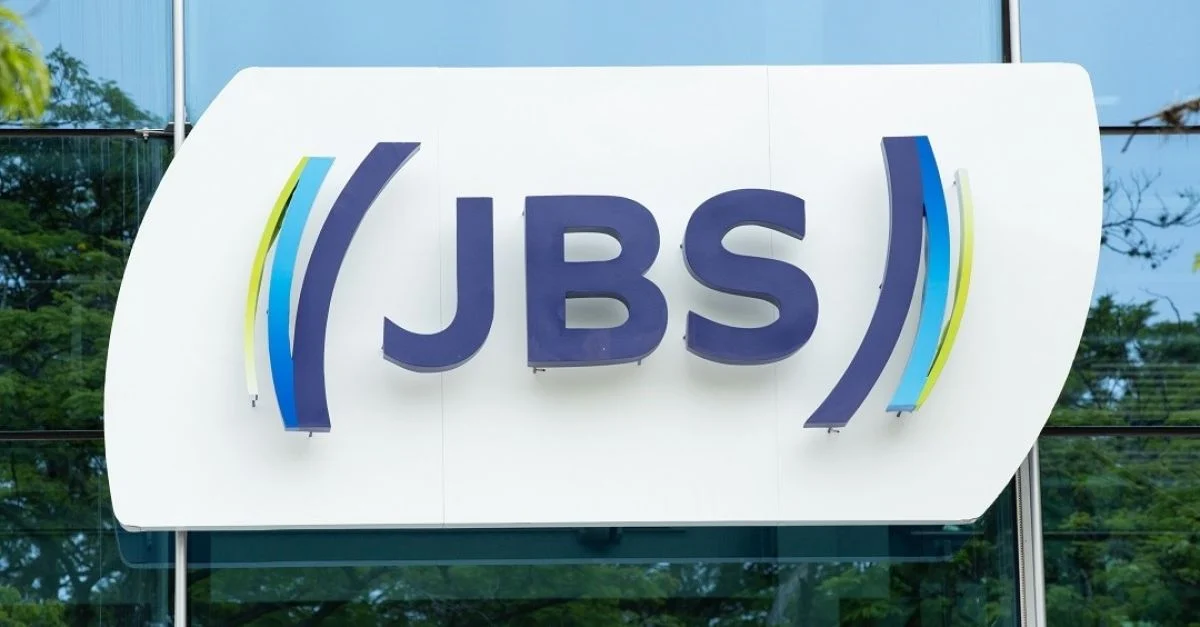JBS S.A.’s ascent to becoming the world leader in the meat industry is marked by strategic acquisitions, significant investments, and expansion across various segments and geographies.
Click here to watch the video now!
Here’s a more detailed expansion of JBS’s journey:
- Founding and Early Expansion: Founded in 1953 by José Batista Sobrinho in Anápolis, Brazil, JBS began as a slaughtering business. Expansion accelerated with the establishment of Brazil’s new capital, Brasilia, which opened a new market for the company. By the late 1960s and 1980s, JBS expanded within Brazil, acquiring other meat processing companies.
- Going Public and Major Investments: In 2007, JBS became a publicly held company and received significant investment from the Brazilian Development Bank (BNDES), propelling its expansion.
- International Acquisitions: JBS’s international growth was marked by several key acquisitions:
- In 2007, JBS acquired U.S. firm Swift & Company, entering the pork market and becoming the third-largest producer and processor of pork in the U.S..
- The company further strengthened its position by acquiring Smithfield Foods’ beef business and 64% of Pilgrim’s Pride in 2010, establishing itself in the chicken production industry.
- In 2009, JBS acquired Grupo Bertin in Brazil, consolidating its status as the largest beef producer globally.
- In 2015, JBS expanded its U.S. pork business with the acquisition of Cargill Inc.’s pork operations.
- Reorganization and IPO: In 2016, JBS announced a reorganization plan involving an IPO in the United States for its international operations, signaling its presence on five continents.
- Controversies and Compliance Issues: Despite its success, JBS faced several controversies, including accusations of purchasing cattle from illegally deforested Amazon land and involvement in bribery scandals. These issues led to investigations and fines but did not significantly halt its growth.
- Diversification and Future Endeavors: JBS continues to diversify its operations. Notably, in 2021, the company invested $100 million in cultured meat through BioTech Foods, with plans to enter the market by 2024.
Conclusion
JBS’s journey to becoming a global leader in the meat industry is characterized by aggressive expansion strategies, bolstered by significant financial support and acquisitions, alongside navigating through various environmental and legal challenges.
Read Now: Who is Wesley Batista Filho? JBS’s new CEO



